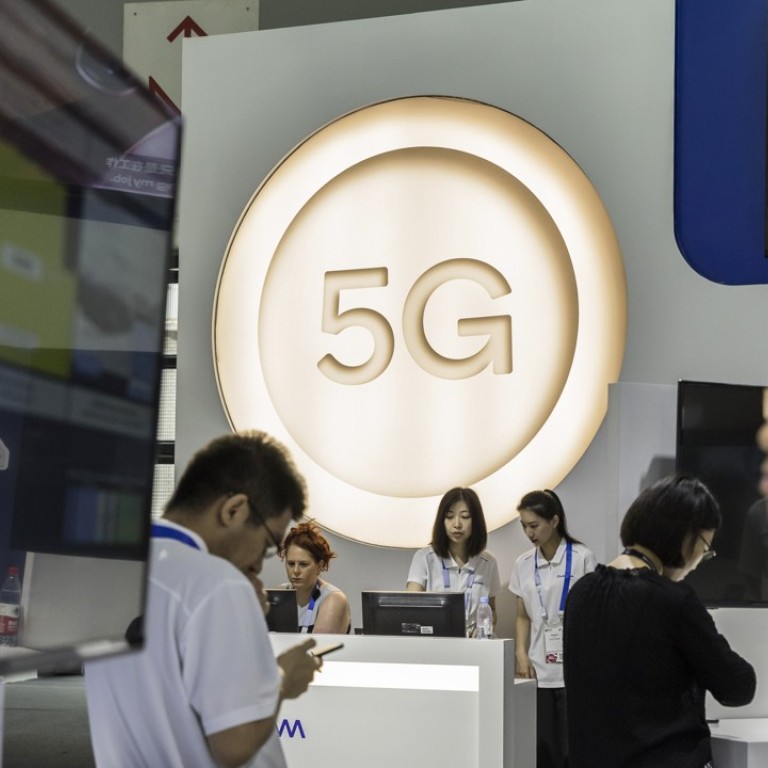
Politico | China rattles Washington’s tech debates
- The anti-China anxiety is rippling through almost every tech policy issue
This story is published in a content partnership with POLITICO. It was originally reported by Nancy Scola on politico.com on October 27, 2018.
A common thread is running through nearly every tech debate in Washington these days: fear that an ambitious China is poised to win the next wave of technology.
The worry that China is preparing to eat America’s lunch is the subtext for nearly all policy discussions on next-generation tech like quantum computing that can break encryption, artificial intelligence that can spy on or supplant humans, and super-fast wireless networks that can power an advanced digital economy.
And it's causing rattled US policymakers to flirt with some of the same top-down, regimented strategies that Beijing is pursuing.
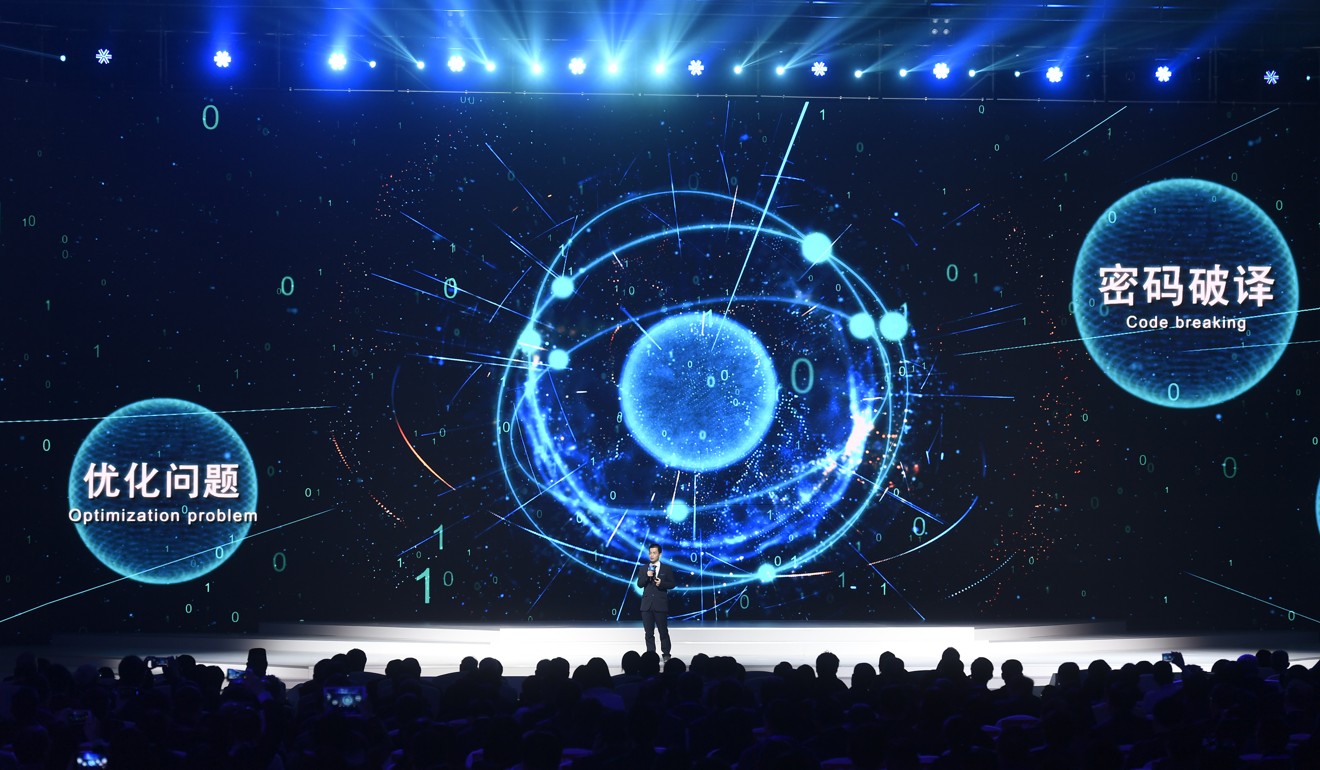
The United States has long put faith in its much looser approach to technology development – where government, industry and academia play off each other – which gave birth to the internet and turned Silicon Valley into a global economic powerhouse.
But the emerging technologies carry such powerful national security implications that some American policymakers wonder if the federal government needs to take a firmer hand, as it did during the US-Soviet space race of the 1950s and '60s.
Some in the tech industry disagree – saying that while Washington's China obsession is justified, the governing class has become too quick to doubt America's own technological strengths or the wisdom of its historically hands-off approach.
“The US has managed to build an ecosystem that other nations haven't been able to replicate,” said Dean Garfield, president of the Information Technology Industry Council, a Washington-based trade group that represents companies like Apple, Google and Qualcomm.
It's true that China is rising as an economic power, he said, but the American fears are often “grounded in hysteria” that the US is losing its edge on innovation.
US President Donald Trump has fuelled the trend by putting technology at the Centre of his escalating trade war with China. Trump talks about the need to protect the US tech industry's intellectual property, which he calls the “crown jewels for this country,” citing that as one of his motivations for imposing tariffs on some US$250 billion worth of Chinese products.
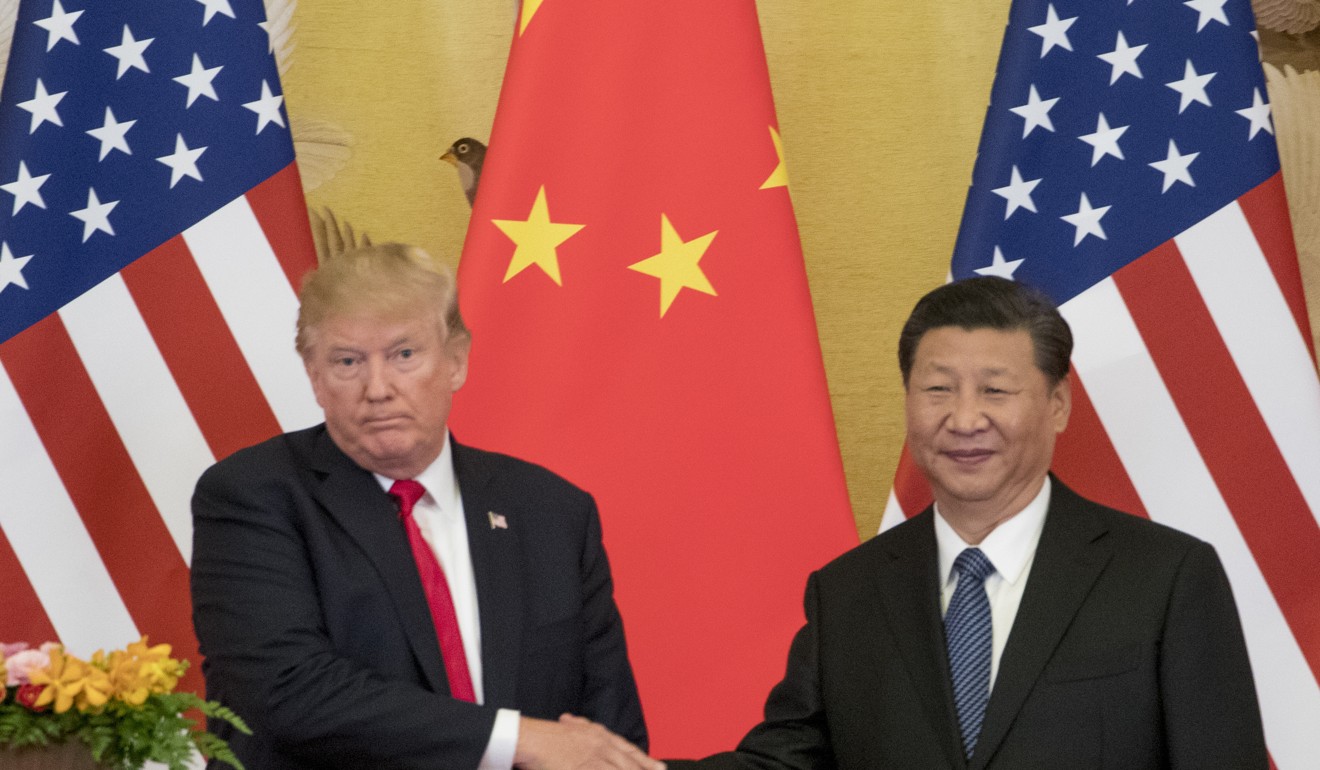
But Washington’s China fixation goes much deeper and broader, reflecting American perceptions that China’s government, under the leadership of President Xi Jinping and Premier Li Keqiang, is marshaling the country’s vast resources to gain advantage over a range of innovations that could prove destructive to the US
Chinese officials are well aware of the advantage the US enjoyed as the creator of the internet, which grew out of an American military project and allowed the country to dictate everything from the development of e-commerce to the standards baked into common software products.
So the scramble is on to claim a role in shaping the post-internet generation of tech – which is seen as having the same kind of transformational potential.
“China being at the front of the cutting-edge of technology concerns a lot of different people for different reasons, but right now they're all converging,” said Ely Ratner, who served as a national security aide to former Vice President Joe Biden and as a China specialist in the Obama-era State Department.
He added: “If that's what motivates people to make America stronger, to invest in our enduring strength, then that's a good thing.”
The “race against China” refrain is echoing all over Washington, voiced by Republicans and Democrats alike.
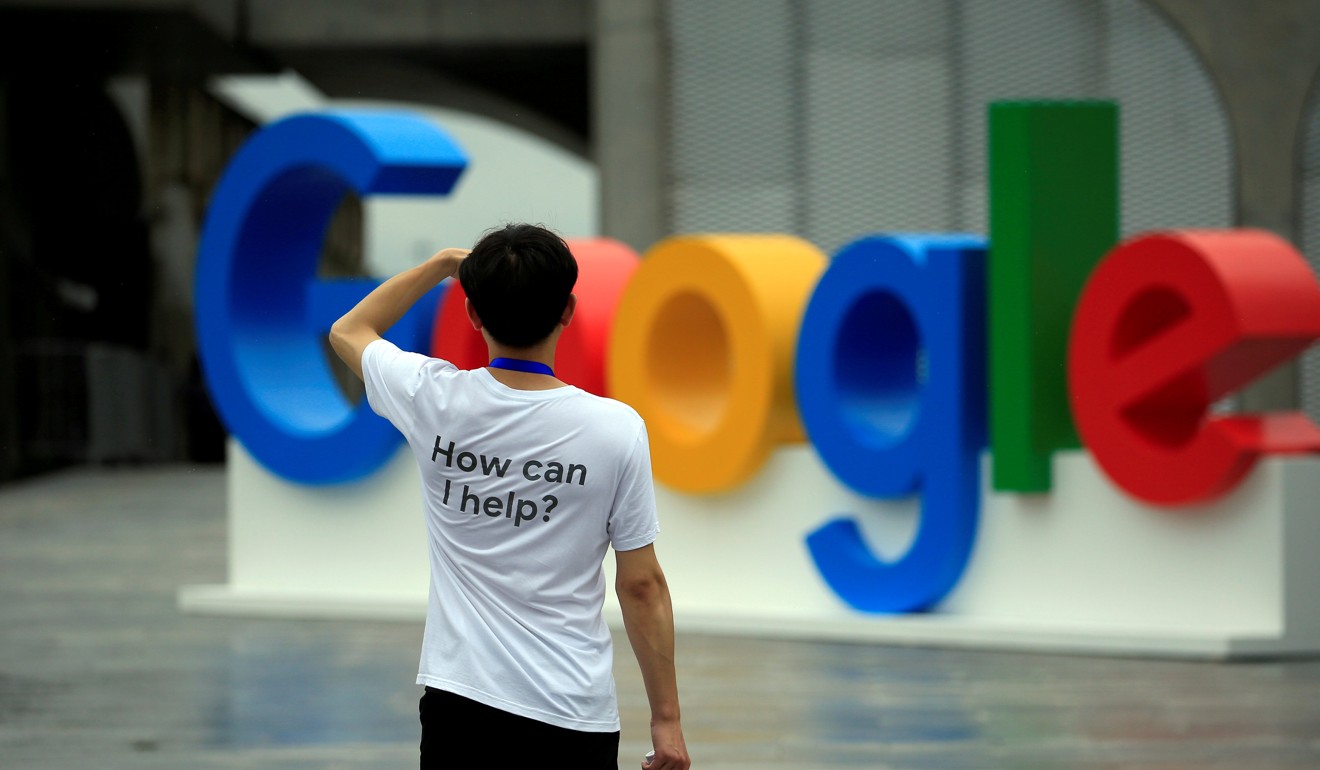
It's a big part of the push for quantum computing, an up-and-coming field that that's expected to generate incredible leaps in processing power. US officials fear that China could use quantum science to break the encryption that shields everything from military communications to online banking.
That could have enormous repercussions for the US, particularly if China is the first to master such techniques. (Experts in the field say the first fully quantum computer is some years off.)
But today the anti-China anxiety is rippling through almost every tech policy issue.
One recent flash point is Google. Reports about the company's work on a version of its search engine for mainland China that would blacklist terms related to human rights have drawn sharp rebukes from members of both parties.
Vice-president Mike Pence joined the chorus in a speech this month, calling on Google to end the project he said would “strengthen the Communist Party's censorship and compromise the privacy of Chinese customers.” The company called the work exploratory.
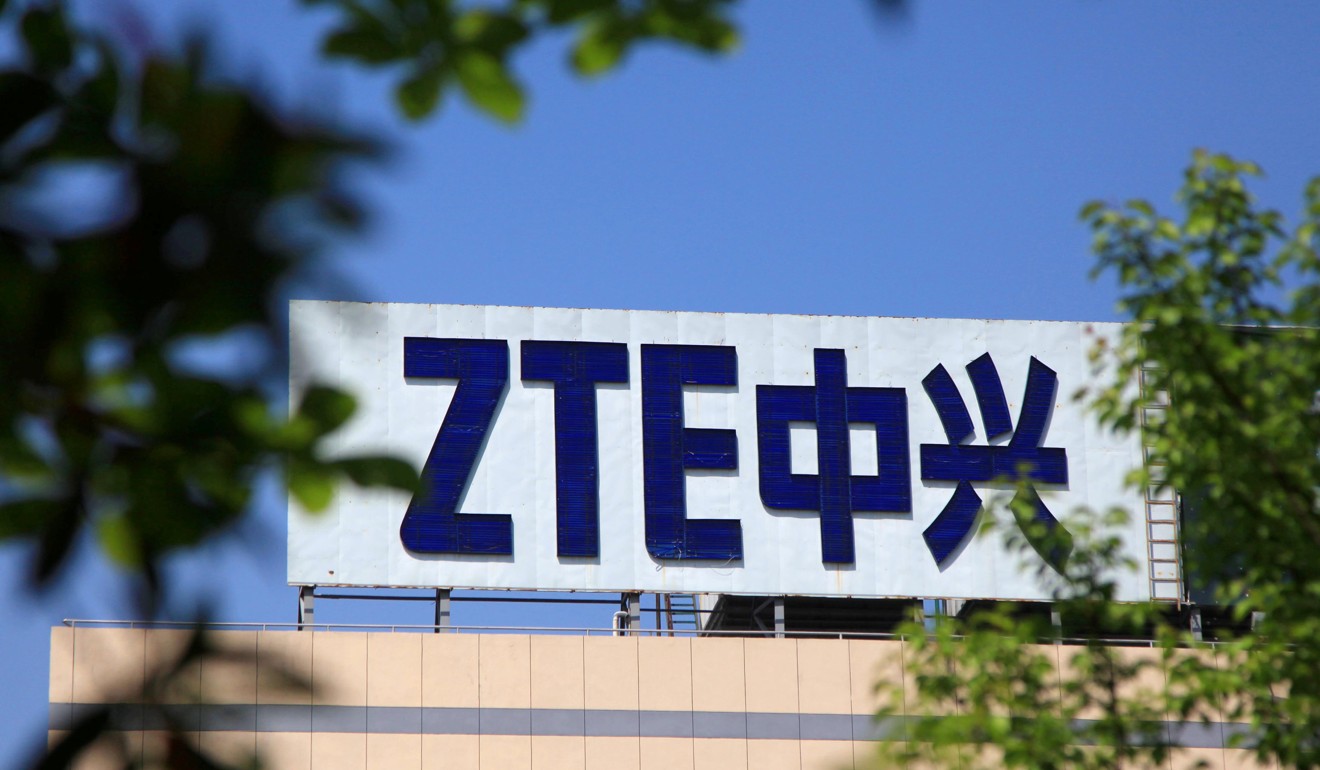
Washington was also convulsed earlier this year by debate over the Chinese telecom firm ZTE, which has been accused of posing a cybersecurity threat and violating US sanctions.
Trump encountered bipartisan opposition when his administration backed down on a threat to ban ZTE from doing business in the US, although congressional efforts to reinstate the ban were watered down. (In the end, the Chinese telecom was banned only from selling equipment to the US government.)
China has been a constant shadow in the US debate over how to promote 5G, the next-generation wireless technology that promises speeds up to 100 times faster than current networks.
After a National Security Council official's proposal to nationalise 5G became public in January, other administration officials, lawmakers and the wireless industry quickly shouted the idea down. But it gave a glimpse of the extent to which fears of China dominate White House thinking.
Last month, some Trump administration officials organised an event to reassure the private sector that there are no plans for a government takeover of 5G. But even then, White House economic adviser Larry Kudlow talked about the need to “beat China” on the technology.
Margaret Harding McGill contributed to this report.

